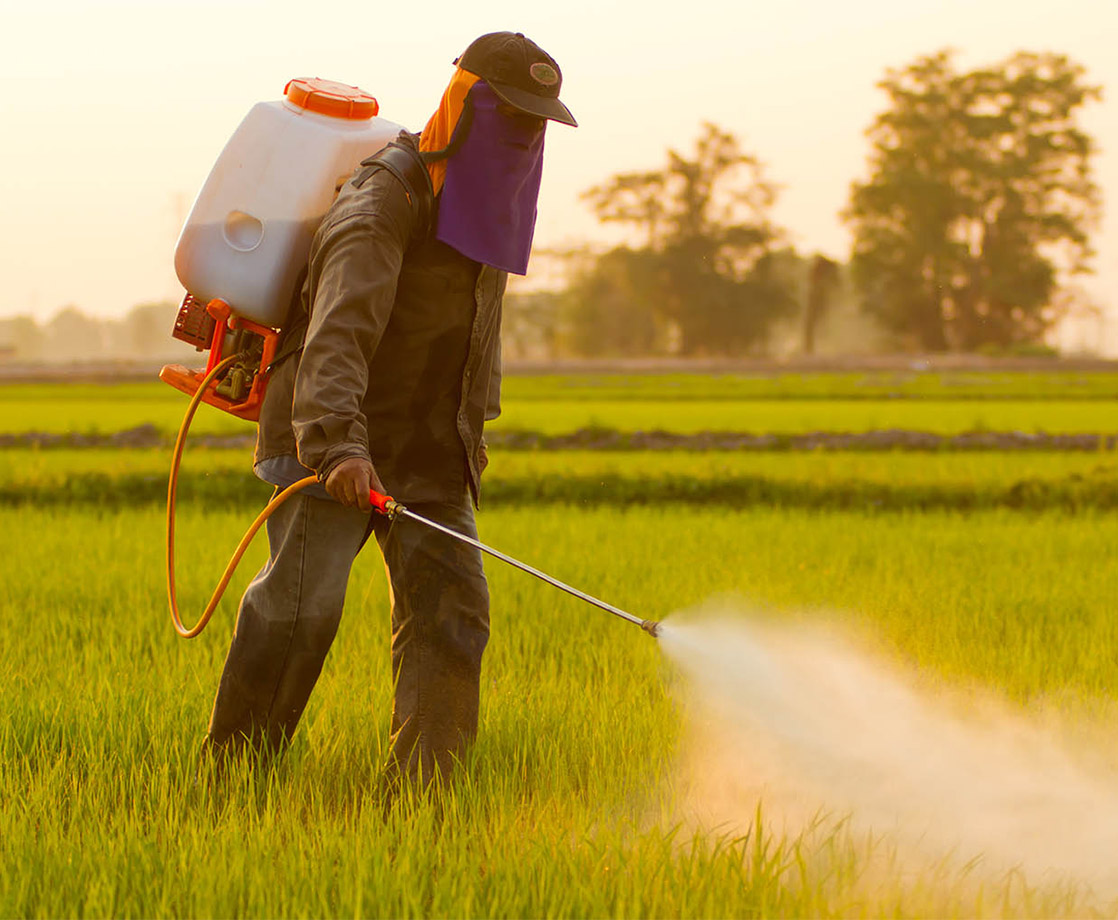Colombia’s government is turning to Chinese-made herbicides to eradicate its cocaine fields, a move that could put both the nation’s fragile environment and vulnerable residents at risk.
Glyphosate-based herbicides, often sold under the brand name Roundup, have become notorious in the US and Europe for their suspected role in causing cancers, primarily Hodgkin’s and non-Hodgkin’s lymphomas.
Ironically, four years ago, Colombia became one of the first countries to ban glyphosate due to its heavy risks. In its War on Drugs, Colombian authorities sprayed glyphosate on suspected cocaine fields to wipe out the problem, but the program didn’t curb cocaine production. Instead, it poisoned the nation’s impoverished Afro-Colombian communities. Besides causing cancer, glyphosate can ruin environments, as it’s toxic to animals and microorganisms, too.
Unsurprisingly, Colombia’s aerial spraying program was largely devised by the United States, and US authorities secured contracts between Colombia’s government and Roundup’s sole supplier, Monsanto (now part of Bayer).
In May, Bayer, the company that recently bought Monsanto, lost a $2.5 billion lawsuit in California for misleading the public on glyphosate’s dangers. Last year, a San Francisco court awarded $289 million to a cancer patient who said their diagnosis was caused by Roundup exposure.
So, it makes no sense why Colombia’s government — knowing full-well that spraying cancer-causing herbicides won’t stop cocaine production — wants to revive the program. The country’s new glyphosate contractor may have something to do with it.
Last month, journalist María Jimena Duzán reported that Colombia’s government “purchased 793 drums of the Chinese-made herbicide Cuspide 480 SL,” wrote Diálogo Chino, a publication that covers environmental issues related to Chinese-Latin American affairs.
Besides being much cheaper than Roundup, Cuspide 480 SL, which is another glyphosate-based herbicide, could be much more dangerous to Colombia’s diverse tropical habitat, as well. Roundup contains an additive that makes the herbicide oily, an ideal quality for destroying plants with heavy oil content. Cuspide 480 SL contains a different additive which makes it more effective at killing coca plants, but this same additive easily creeps its way into avian and marine environments, slowly killing off the animals and causing birth defects in their offspring.
Gallery — Insane, Vintage Cocaine Advertisements:
Of course, US officials aren’t happy about the contractor switch. The US Embassy’s top anti-drug warrior, Ambassador James B. Story, warned the Colombian government against buying Chinese glyphosate. While Story claimed that the Chinese herbicide was not safely manufactured and “does not comply with the requirements of the Environmental Protection Agency (EPA),” let’s be honest here: the US government doesn’t give a shit about Colombia’s environment. Hell, the US government doesn’t even give a shit about its own environment.
Really, what’s likely happening is Colombia and China are courting one another for billion-dollar investments and oil contracts. The Chinese government harshly punishes anyone involved with cocaine or marijuana — which is quickly becoming Colombia’s new intoxicating cash crop. So, what better way to keep the Chinese happy than with a dual-ended promise to get rid of those icky cocaine fields by buying up Beijing’s cheapo weed killer?
On top of that, China currently dominates a third of the world’s hemp market, even though the Red Dragon views marijuana as the Devil’s Lettuce. With Colombia diving head-first into the weed game, don’t be shocked if China starts growing hemp in the “gateway to South America,” too.
Follow Randy Robinson on Twitter











